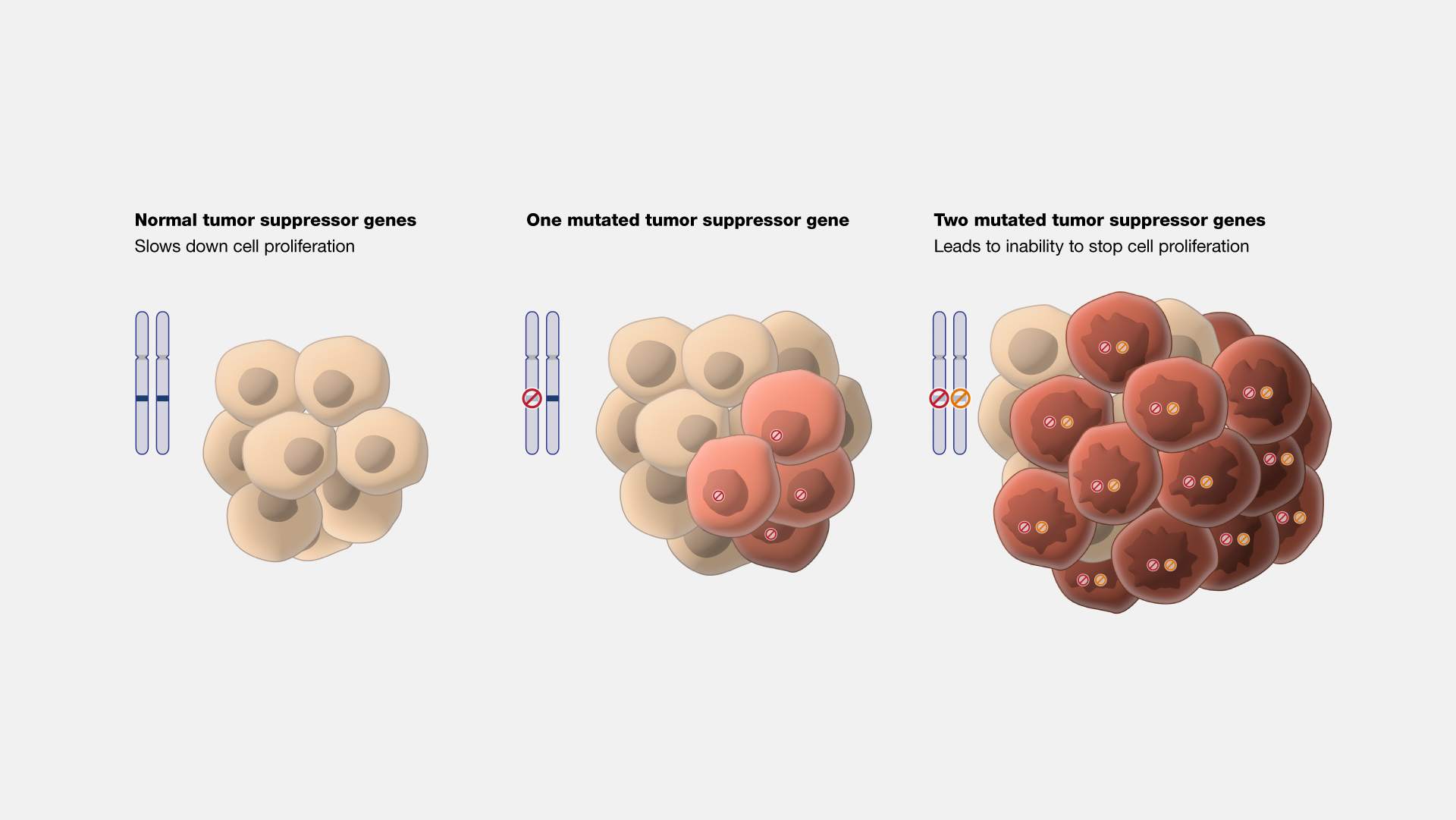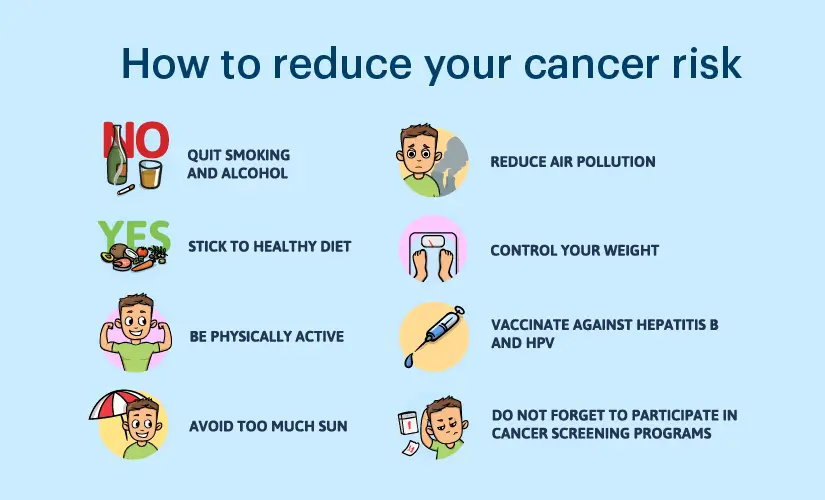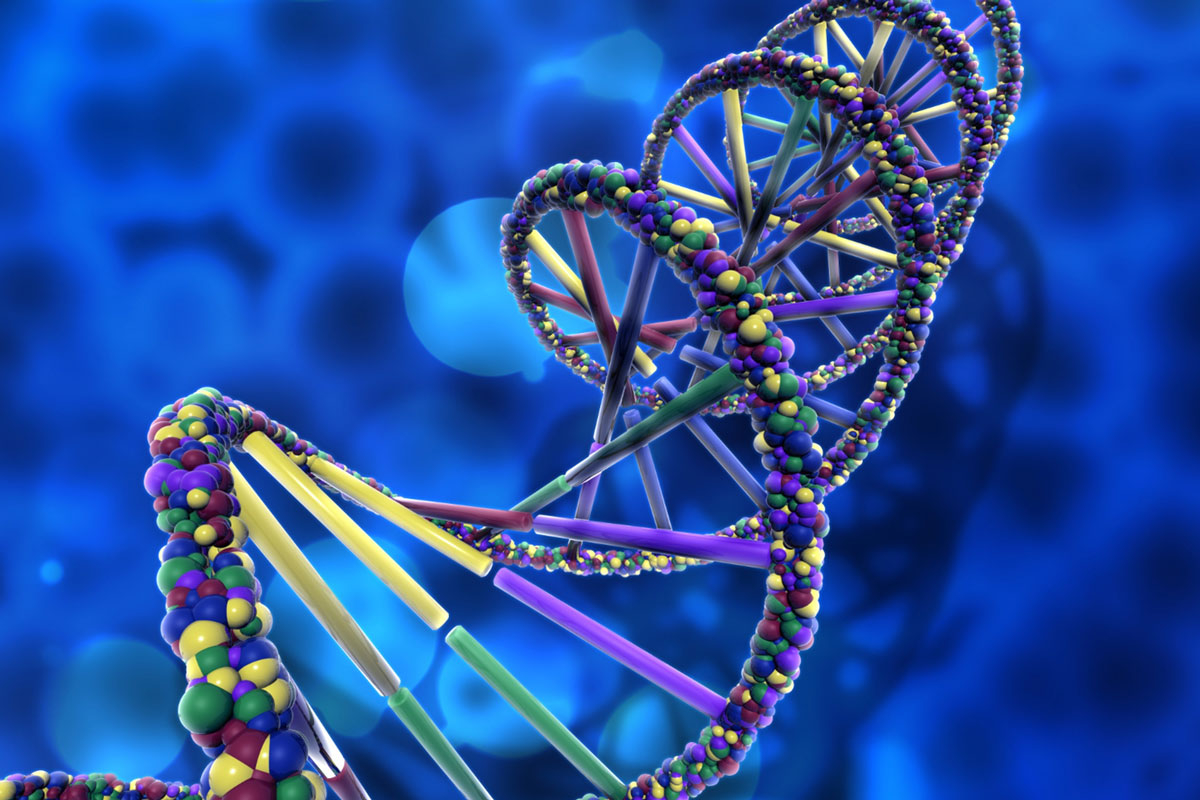Understanding the relationship between genetics and cancer has become crucial in today’s medical advancements. While lifestyle factors like diet and exposure to harmful substances play a significant role in cancer development, your genetic makeup can also influence your likelihood of developing certain types of the disease. Genetic predisposition occurs when inherited mutations increase your vulnerability to cancer, but it doesn’t guarantee a diagnosis. Knowing your family history and understanding how genes work in cancer can help in early detection, prevention, and treatment strategies.
In this blog, we’ll explore how genetic factors contribute to cancer risk, what genetic testing entails, and actionable steps to manage potential risks effectively.
What Are Cancer-Related Genes?
Genes are segments of DNA that dictate how your cells function, grow, and divide. Mutations or alterations in specific genes can interfere with normal cellular processes, potentially leading to uncontrolled growth—a hallmark of cancer.
Two Types of Genes Involved in Cancer
Oncogenes: These genes encourage cell growth and division. When mutated, they can become overactive, causing cells to proliferate uncontrollably.

Tumor Suppressor Genes: These genes regulate cell division and repair DNA errors. Mutations can render them ineffective, allowing damaged cells to multiply unchecked.

Inherited genetic mutations in tumor suppressor genes, such as BRCA1 and BRCA2, are strongly associated with breast and ovarian cancers. Similarly, mutations in the APC gene elevate colorectal cancer risk.
How Genetic Mutations Influence Cancer Risk
Genetic mutations can be inherited from parents (germline mutations) or acquired during a person’s lifetime (somatic mutations). Understanding the difference is key to assessing risk.
Inherited Mutations
- Passed down through families.
- Found in every cell of the body.
- Increase susceptibility to specific cancers but don’t guarantee development.
Acquired Mutations
- Occur due to environmental exposures, such as tobacco smoke, UV radiation, or chemical carcinogens.
- Only affect specific cells and are not passed to offspring.
While most cancers arise from acquired mutations, inherited mutations can significantly increase the likelihood of cancer appearing earlier in life.
Common Cancers Linked to Genetics
Several types of cancer have a strong genetic component. Identifying these associations helps individuals with a family history to seek preventive measures.
1. Breast and Ovarian Cancer
- Key Genes: BRCA1, BRCA2
- Women with mutations in these genes face a 50–70% lifetime risk of breast cancer.
- Men with BRCA mutations are also at risk, particularly for breast and prostate cancers.
2. Colorectal Cancer
- Key Genes: APC, MLH1, MSH2
- Lynch syndrome, caused by mutations in DNA mismatch repair genes, increases colorectal cancer risk.
3. Prostate Cancer
- Key Genes: HOXB13, BRCA1, BRCA2
- Family history of prostate cancer often indicates inherited mutations.
4. Pancreatic Cancer
- Key Genes: BRCA2, CDKN2A
- Strong familial links, particularly when combined with certain hereditary syndromes.
The Role of Genetic Testing in Cancer Prevention
:max_bytes(150000):strip_icc()/mother-and-daughter-breast-cancer-is-it-inevitable-430161_fin-da2bfe871d6d45df912697cf4766df5c.png)
Genetic testing analyzes DNA to identify inherited mutations linked to cancer risk. It’s a vital tool for individuals with a strong family history or other risk factors.
When to Consider Genetic Testing
- Two or more family members diagnosed with the same type of cancer.
- Cancer diagnosed at a young age (e.g., breast cancer before 50).
- A personal history of multiple cancers.
- Rare cancers, such as male breast cancer.
Benefits of Genetic Testing
- Personalized Risk Assessment: Helps determine your likelihood of developing specific cancers.
- Informed Medical Decisions: Enables early intervention through surveillance or preventive measures.
- Family Planning: Offers insights for relatives who may also be at risk.
However, testing doesn’t provide a definitive answer—it only indicates the presence of mutations and associated risks.
Lifestyle and Environmental Factors Matter Too
While genetics play a role, it’s essential to remember that environment and lifestyle often interact with genetic predispositions to influence cancer risk.
Key Factors to Address
- Smoking and Tobacco Use: Major contributors to lung cancer, even for individuals with genetic susceptibility.
- Diet and Nutrition: A high intake of processed foods and low consumption of fruits and vegetables can exacerbate risk.
- Physical Activity: Regular exercise helps reduce the risk of cancers like colorectal and breast, even among high-risk individuals.
- Alcohol Consumption: Excessive drinking can elevate the likelihood of cancers such as liver and esophageal.
A proactive approach to health can mitigate the effects of genetic predisposition.
Preventive Measures for High-Risk Individuals
For those with a family history of cancer or known genetic mutations, several preventive strategies are available.
Regular Screenings
- Mammograms and MRIs: Essential for early detection of breast cancer in women with BRCA mutations.
- Colonoscopy: Recommended for individuals with Lynch syndrome or a strong family history of colorectal cancer.
Preventive Surgeries
- Prophylactic Mastectomy: Reduces breast cancer risk by 90–95% in high-risk women.
- Oophorectomy: Prevents ovarian cancer for those with BRCA mutations.
Lifestyle Adjustments

- Adopting a nutrient-rich diet and maintaining a healthy weight.
- Avoiding known carcinogens like tobacco and UV exposure.
Proactive measures can significantly improve outcomes, even for those with heightened risk due to genetic factors.
Common Myths About Genetics and Cancer
Misinformation about the relationship between genes and cancer risk can lead to unnecessary anxiety. Let’s debunk a few myths.
Myth 1: “If Cancer Runs in My Family, I’m Doomed.”
- Fact: Inherited mutations only increase susceptibility. Lifestyle and screening play a huge role in reducing risk.
Myth 2: “Genetic Testing Guarantees a Cancer Diagnosis.”
- Fact: Testing identifies mutations but doesn’t predict if or when cancer will develop.
Myth 3: “Genetics is the Only Factor That Matters.”
- Fact: Environmental and behavioral factors are equally, if not more, important in most cases.
Understanding the interplay of genes and environment is crucial for an accurate perspective on cancer risk.
Advancements in Genetic Research and Cancer Therapy
Ongoing research is uncovering new insights into how genes influence cancer and opening the door to targeted treatments.
Precision Medicine
- Uses genetic information to tailor treatments, such as immunotherapy or targeted drugs.
- Examples include PARP inhibitors for BRCA-related cancers.
Genetic Editing
- Technologies like CRISPR are exploring ways to correct faulty genes that cause cancer.
- Still in experimental stages but hold immense promise.
These innovations highlight the growing importance of genetics in modern oncology.
Conclusion: Genetics as a Tool for Empowerment
Understanding the role of genetics in cancer doesn’t have to be intimidating. Instead, it’s an opportunity to take control of your health through informed choices. While you can’t change your genes, you can take actionable steps—like regular screenings, genetic counseling, and adopting a healthy lifestyle—to reduce your risk. As research continues to advance, the future of cancer prevention and treatment will increasingly rely on genetic insights, empowering individuals to live healthier, longer lives. If you’re concerned about your family history, consider consulting a healthcare professional to explore your genetic risk and take proactive steps toward prevention. Don’t forget to share your thoughts or experiences in the comments below—we’d love to hear from you!

Leave a Reply